How SA Fashion Week’s New Talent Search has lasted 24 years
Fashion in South Africa has enduring talent pipeline challenges. Standardising accredited education and training, creating more entry level opportunities for design graduates and improving access to funding for young, first-time fashion entrepreneurs are all long-standing problems the industry doesn’t have scaled, widely accessible solutions for yet. Of all the kick start programs developed to fill the resulting gap, the longest running and most consistently successful has been South African Fashion Week’s New Talent Search.
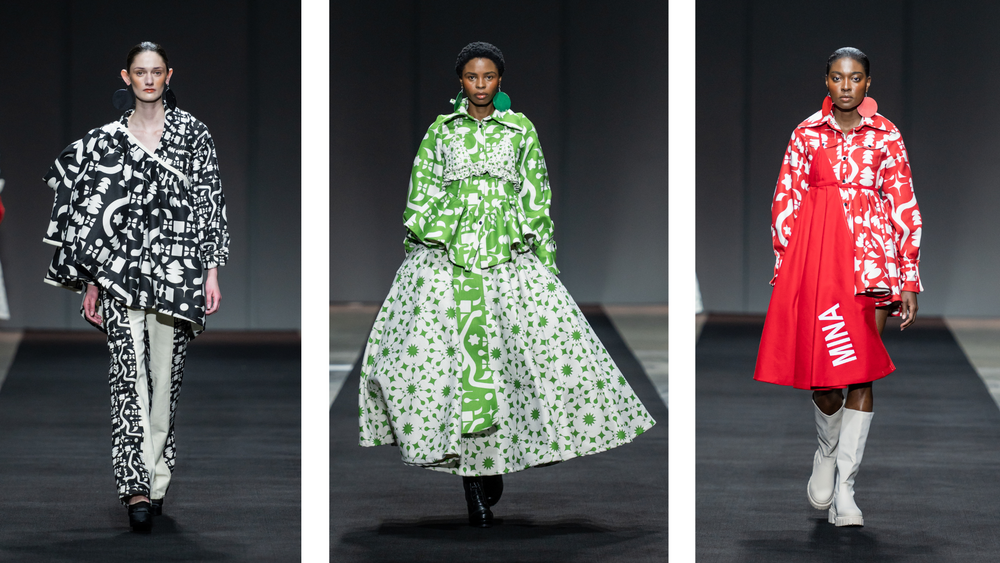
1998 to SS22
For 24 years, the search has put an effectual spotlight on future fashion successes. Previous finalists and winners include David Tlale, the first black designer selected as a finalist, and Black Coffee’s Jacques van der Watt. In more recent years, the competition has recognised a talent surge that includes Fikile Sokhulu, Jacques Bam, Michael Ludwig, Sipho Mbuto, recent Woolmark prize honorees Mmuso Maxwell, and last year’s winner Artho Eksteen.
Thando Ntuli of MUNKUS joins their ranks as 2022’s winner. “It is a complete reflection of her identity combined with a world vision of fashion,” SAFW founder Lucilla Booyzen says of Thando and her winning collection Sisendleleni (‘We are on our way’). “This was my second application,” Ntuli shared on a call. “This year I wasn’t sure if I was actually going to do it again… after designing a small collection, I had the confidence.”
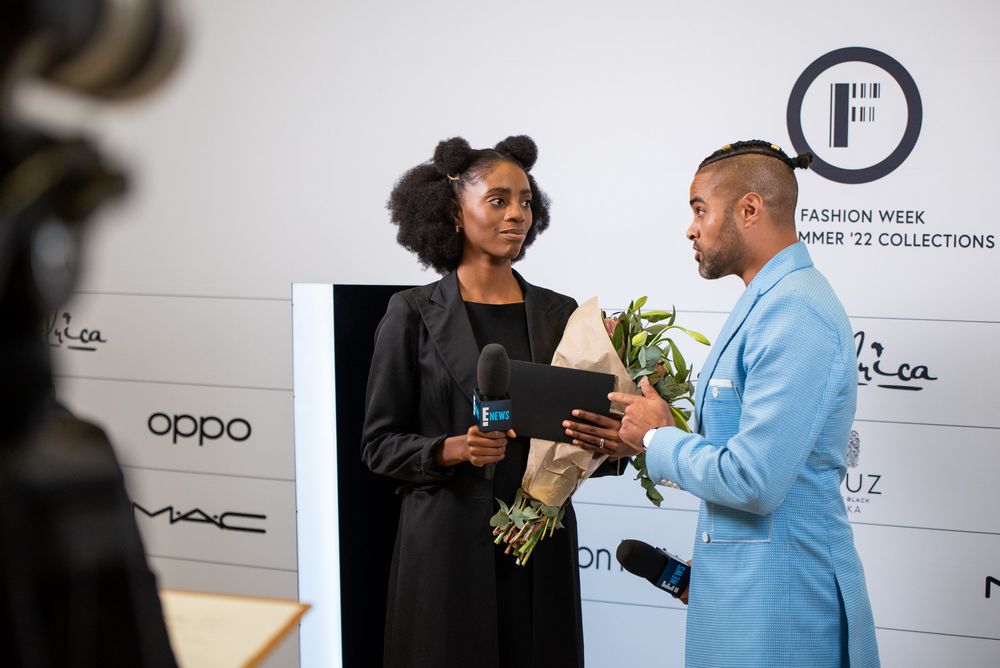
Named for a term of endearment used by Thando’s family, MUNKUS makes age-agnostic fashion inspired by the years Thando spent thrifting through the closets of 4 generations of women in her family. “I almost went into engineering or architecture. My family was like, ‘That’s not you! We know what you want to do. So don’t have doubts in yourself.'” The brand launched in late 2019 after Ntuli’s studies at the Northwest School of Design and FEDISA, and a quick 180 degree turn in and then out of the Truworths trainee buyer program.
After SS22 goes into production, Ntuli’s next goal is to assemble the right team from production to marketing as a foundation for global success. “It’s one thing to know that you are a great designer or you are talented in some sense, and I think a lot of South Africans are also subtle when it comes to how good they are, but I think being told by industry or by someone who’s in industry, who is well experienced, that you could actually do well, that your work is amazing… I think that whole experience within the new talent [search] has shown me that the pool is much bigger than just this.”
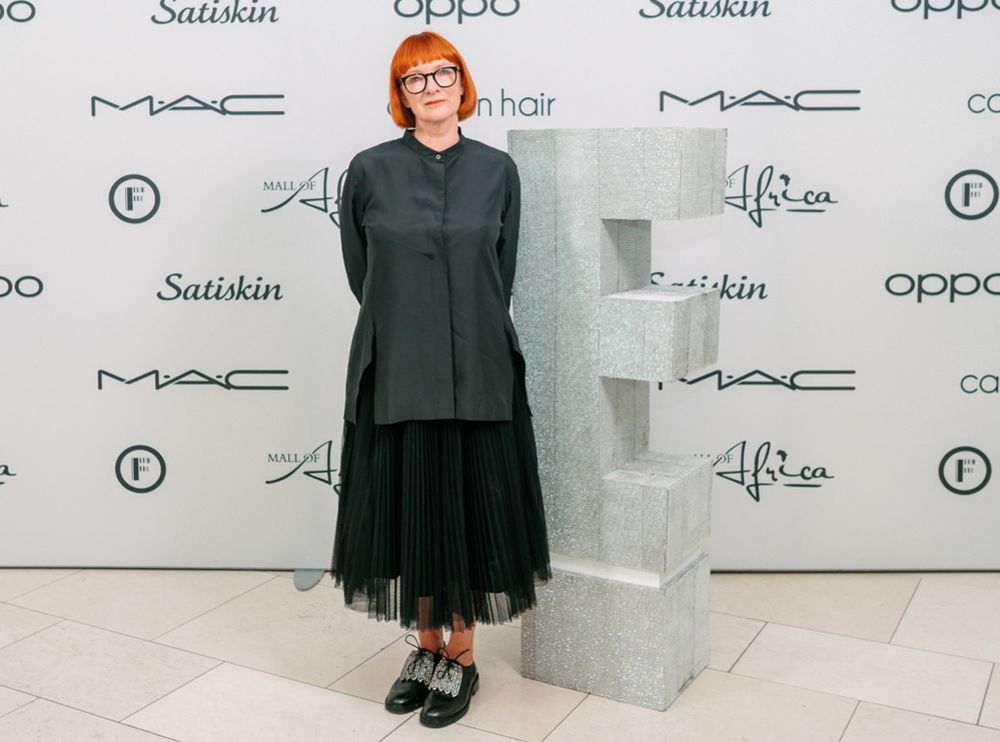
The Formula
Booyzen believes the competition’s steadfast success rests on knowledgable judges (designer fashion entrepreneurs, high street buyers, media, and retail consultants), a fair and objective process (entries are numbered, not named), and the consistent years of work that have built trust and credibility. A foundational, unmentioned element is SAFW’s resolute focus on commercial success, and on everything designers need to prepare for it and sustain it. While these pillars form a strong core, the competition has done more than get the basics right.
New Talent Search judges initially evaluated designers on the quality and originality of their innovation, execution and presentation: “In the design process,” says Lucilla, “we’ve always focused on construction first.” Today, they look for more. “Our next step was sustainability. So in 2018 or 2017 we started implementing the sustainability aspect… part of the brief was that it had to be slow fashion. We can’t be 100% sustainable of course in the real sense of the term, but we focus on compostable fashion, slow fashion and fashion that can last.”
In 2019, the brief shifted again to include textile craft and print. Limited access to fabric beyond local borders and limited variety within them makes distinct, brand-specific fabrication challenging in South Africa. “With this whole sort of collapse of our textile industry in South Africa, I realised that the designers will have to work with base fabric which they can then make their own through printing or putting any craft on it that could actually become the signature.”
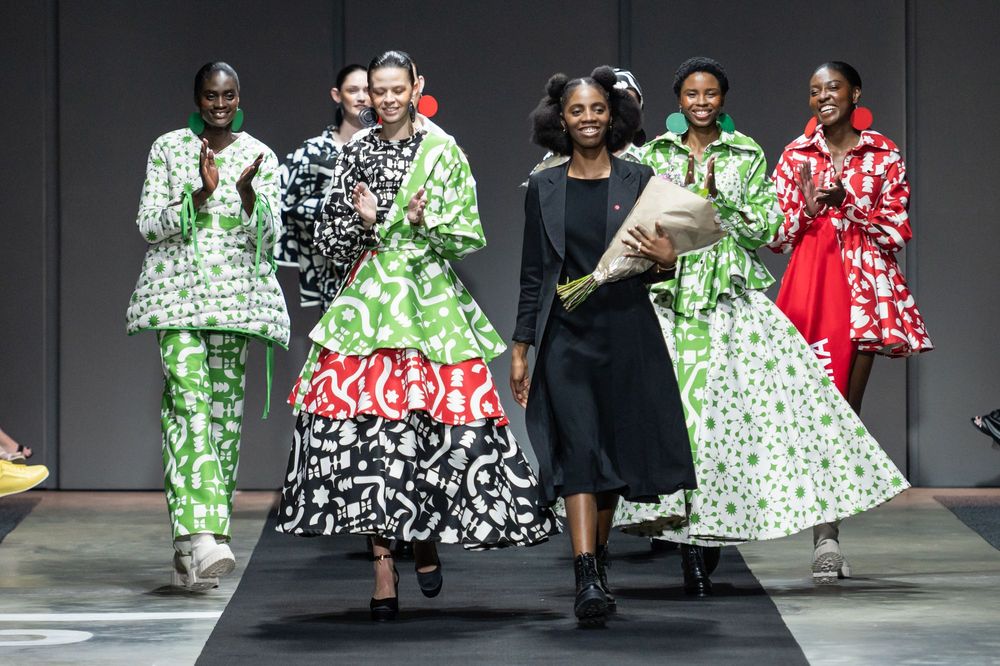
A Network of Support
The New Talent Search is a competition, not a mentorship programme — designers are given periodical feedback on design, but are mostly left to develop the collection on their own, particularly during the pandemic. SA Fashion Week’s supplementary initiatives, however, work to develop and support design talent from other angles: A recent collaboration with Italian cultural institutions and the Nelson Mandela Forum supported an emerging designer exchange program, the menswear scouting competition provides a platform for a fashion category with less support and the student competition offers resources and a spotlight to final-year fashion design students.
The 21 Steps to Retail programme stands out from the rest: Launched in 2016 with support from Edcon, the 3-month course was run in close collaboration with 32 tertiary institutions offering fashion training and education across South Africa to address training gaps related to the local reality of retail trade. It was put on hold after 3 years due to budget concerns, but was successful while it ran: 75% of programme graduates now run their own businesses.
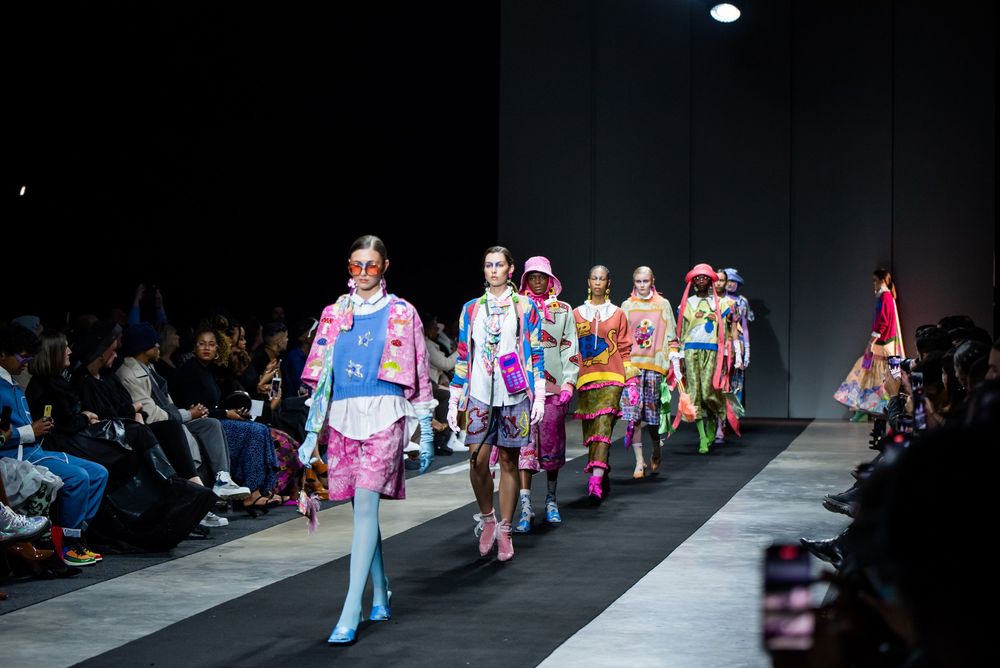
Instead of a blanket offer of support or a showcase platform with exposure as its primary goal, SAFW’s successful talent development activities all address key issues with the design of clothing and with the system that produces and sells it. In Booyzen’s words, “We address the weakness we find in the system because we are in the system.”
| SOURCE: africanfashionweekly.com |

